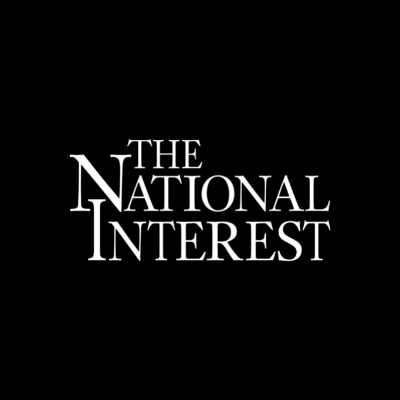 The National Interest Article Rating
The National Interest Article RatingShould You Take Social Security Earlier Rather Than Later?
- Bias Rating
- Reliability
N/AN/A
- Policy Leaning
4% Center
- Politician Portrayal
-25% Negative
Continue For Free
Create your free account to see the in-depth bias analytics and more.
By creating an account, you agree to our Terms and Privacy Policy, and subscribe to email updates.
Bias Score Analysis
The A.I. bias rating includes policy and politician portrayal leanings based on the author’s tone found in the article using machine learning. Bias scores are on a scale of -100% to 100% with higher negative scores being more liberal and higher positive scores being more conservative, and 0% being neutral.
Sentiments
N/A
- Liberal
- Conservative
| Sentence | Sentiment | Bias |
|---|---|---|
Unlock this feature by upgrading to the Pro plan. | ||
Reliability Score Analysis
Policy Leaning Analysis
Politician Portrayal Analysis
Bias Meter
Extremely
Liberal
Very
Liberal
Moderately
Liberal
Somewhat Liberal
Center
Somewhat Conservative
Moderately
Conservative
Very
Conservative
Extremely
Conservative
-100%
Liberal
100%
Conservative

Contributing sentiments towards policy:
56% : After all, if you begin collecting Social Security at age sixty-two, you get fewer benefits than if you wait longer.54% : "Meanwhile, you can sign up for Social Security once you turn 62, but for each month you claim benefits before FRA, they'll be reduced on a permanent basis.
49% : Here's What You Need to Remember: A key reason is if your health isn't great, and you're betting that you might not live long enough to collect Social Security for a matter of decades.
47% : Meanwhile, more than half of Americans fear that Social Security won't be there for them when it's time for them to collect it.
45% : A key reason, the article said, is if your health isn't great, and you're betting that you might not live long enough to collect Social Security for a matter of decades.
*Our bias meter rating uses data science including sentiment analysis, machine learning and our proprietary algorithm for determining biases in news articles. Bias scores are on a scale of -100% to 100% with higher negative scores being more liberal and higher positive scores being more conservative, and 0% being neutral. The rating is an independent analysis and is not affiliated nor sponsored by the news source or any other organization.






















